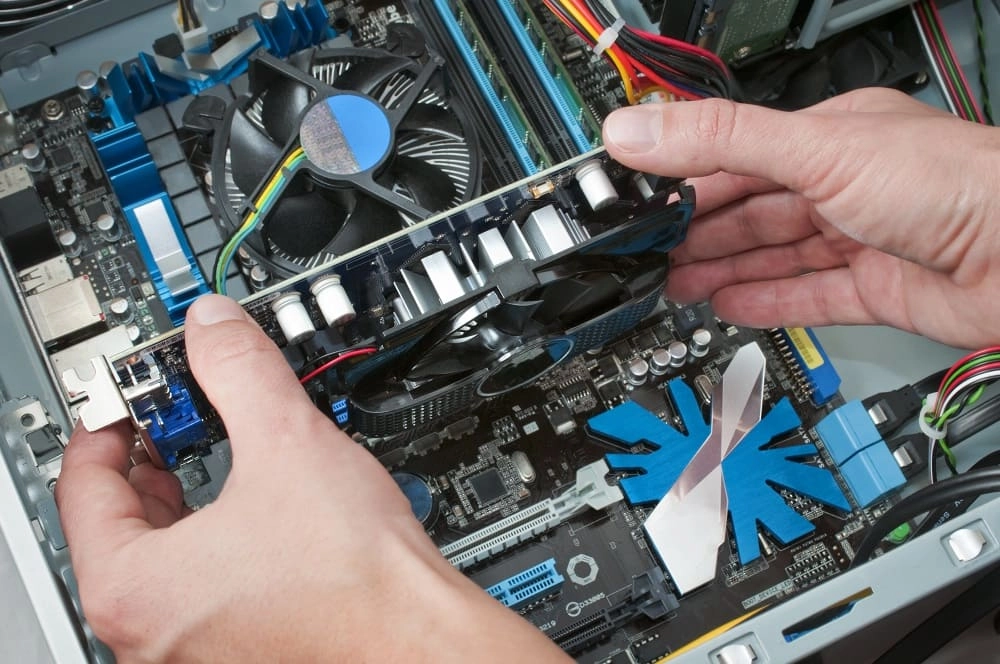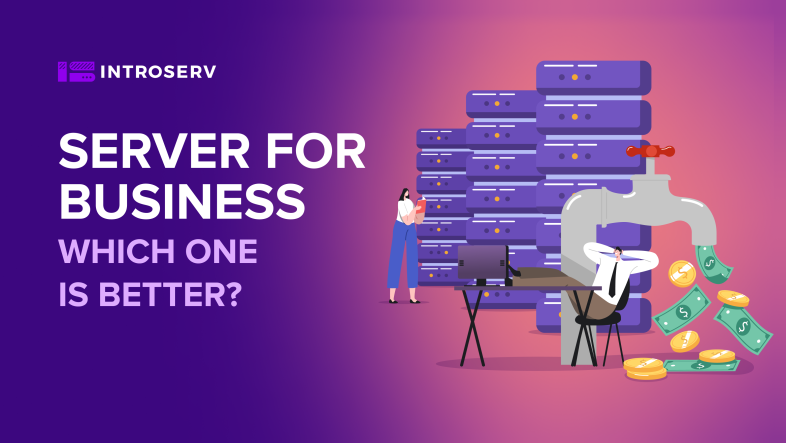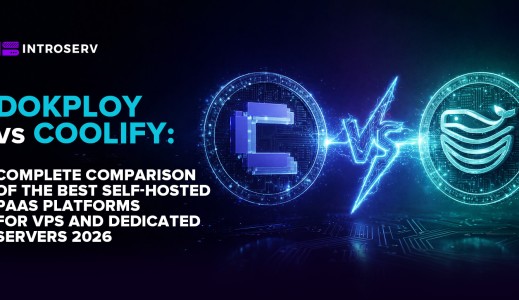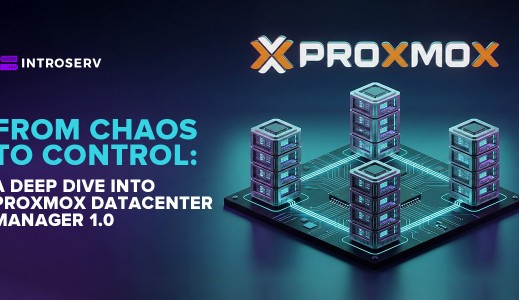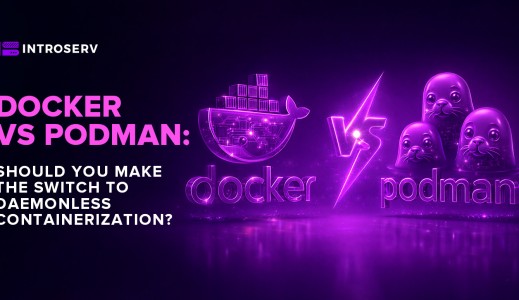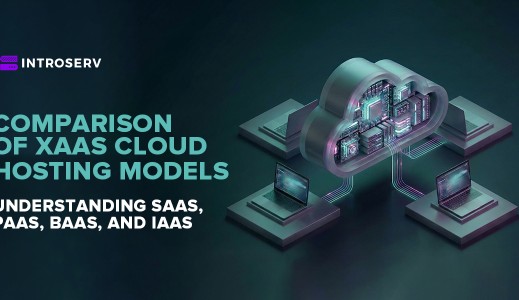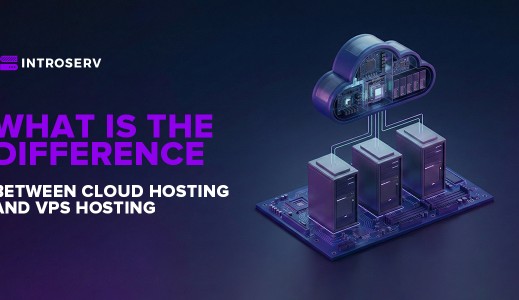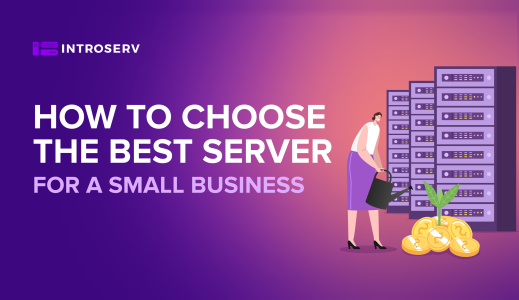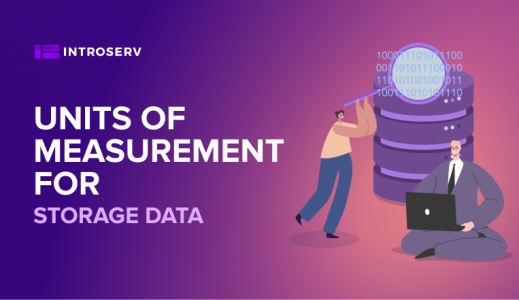Selecting a server begins with determining your own goal and considering the offers you can get on the market. To select a server, you need to understand what classifications of servers there are and what the difference between them is. Familiarity, even at the level of "basics" will help to formulate questions to the experts in the support service, where you can get an advice completely free of charge on the issue you are interested in.
Simply put, you need to understand - what you need and what options will suit your business.
The first question to answer: what type of server do you need?
1. Depending on the computing power you require, you can:
a) Buy a physical "machine" and install it in your home, office or enterprise. This option allows you to fully automate the process by configuring the server to your own needs. This is the most complex and costly option, unless your company needs a huge resource in the form of multiple users, large local networks, its own databases and full confidentiality.
b) Rent a dedicated or virtual server. There are several options here. You can rent a physical "machine" separately. The whole set of functions will be available remotely. The difference between buying and renting in this case is in the service team and remote access. It's less expensive than buying, but requires a careful choice of the tenant and the right selection of the server you need. An even more advantageous option is to rent a physical "machine" together with other clients, the so-called "virtual server". Here there are restrictions on the equipment, but for small projects that do not require high costs - the best option (to expand capacity or change the type of server is always possible).
c) Virtual or cloud hosting. The most unreliable, but cheapest option. In this case, the role of the server is a shared virtual "space", which in terms of computing power you share with other users. This kind of lease is only suitable for simple projects, such as ordinary sites, which do not require a complex and extensive functionality.
2. Location of data centers. The choice is made according to three criteria:
(a) Server access speed. Previously, geographical remoteness affected the channel throughput speed (due to the length of communication networks, cache, etc.), but today such problems practically do not arise.
b) Choice of target audience. It is considered better to use "native" data centers. The farther the server is physically located to your location, the higher the probability of delays in service and staff solving unforeseen problems. There can also be problems with language barriers and payment if your server is located on another continent.
c) Quality, reliability and security. Data centers located in the U.S., Europe, Australia, etc. are better protected legally. Higher rates and in respect of equipment which is better equipped and more often updated. Most serious companies prefer to use Western data centers because they guarantee their own services "in fact" and not only "by word of mouth" as it often happens.
3. The price of the server. In most cases, the cost directly correlates with the level of complexity and computing power of the server.

The most difficult question is calculating the cost between renting a dedicated server and buying a physical server. There are options where renting a dedicated server is cheaper because of the full package of services of the tenant company or data center, because the service and maintenance of their own physical "machine" requires considerable financial and material costs (room, setting up a separate power line, etc.).
Otherwise, the question of price is the right choice of server and the company where you will rent it.
4. Service.
Here the choice is between servicing your own server by your company specialists (system administrators and programmers), the data center staff and the team of the reseller. Each option has its pros and cons, and while the option to buy a server is more or less clear (requires its own powerful resource), the other options are not as obvious as they seem. For example, the services of a certified reseller company can save a lot of time and nerves on maintenance, and even be more profitable in cost.
The latter point is largely decisive, because already at the stage of selecting a server you will be confronted with the professional level of staff, and their competence will depend on both the final choice and the subsequent maintenance.
